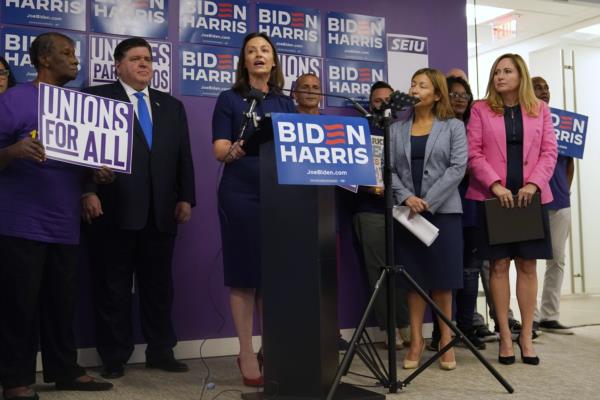
In an effort to combat the rising issue of robocalls and deepfakes, Democrats in Congress have introduced a new piece of legislation that seeks to expand the definition of robocalls and increase penalties for violators. The move comes after a recent incident where a fake robocall impersonated President Biden, targeting thousands of New Hampshire voters.
The proposed legislation aims to include any call or text message that contains artificially generated or pre-recorded messages under the definition of robocalls. Additionally, fines for violators would be doubled. While discussions surrounding the regulation of artificial intelligence have garnered attention, there has been minimal action in Congress until now.
Democratic Congressman Joe Morrell of New York has been leading the charge in addressing the issue of deepfakes for several years. A bill he introduced last May focused on making non-consensual deepfake images a criminal offense. Although the bill has been in committee for several months, recent explicit AI deepfakes of Taylor Swift have sparked renewed urgency for action.
Morrell's bill seeks to provide vital protections for individuals by making it a federal crime to post artificially derived images created by artificial intelligence without consent. The dangers of deepfakes are immense, causing traumatic experiences for women and potentially leading to reputational and financial harm. The bill, consisting of 11 pages, outlines potential fines and up to 10 years of imprisonment for offenders.
Congressman Morrell emphasizes that the legislation isn't solely targeting celebrities but also focuses on victims who lack public platforms and attention. He highlights the case of a 14-year-old girl from New Jersey, who bravely testified about her experience of having images posted without consent, presumably by fellow students.
The CEO of Microsoft, Satya Nadella, also weighed in on the issue, emphasizing the need for technological guardrails and cooperation between tech platforms, law enforcement, and the government. Congressman Morrell agrees, acknowledging that industry collaboration is essential in developing standards, while emphasizing that Congress, along with law enforcement and the private sector, must come together to enforce safeguards and protect individuals.
Efforts to combat robocalls and deepfakes are gaining momentum in Congress. With the proposed legislation, there is hope for stronger regulations to address these issues and bring justice to those affected.







